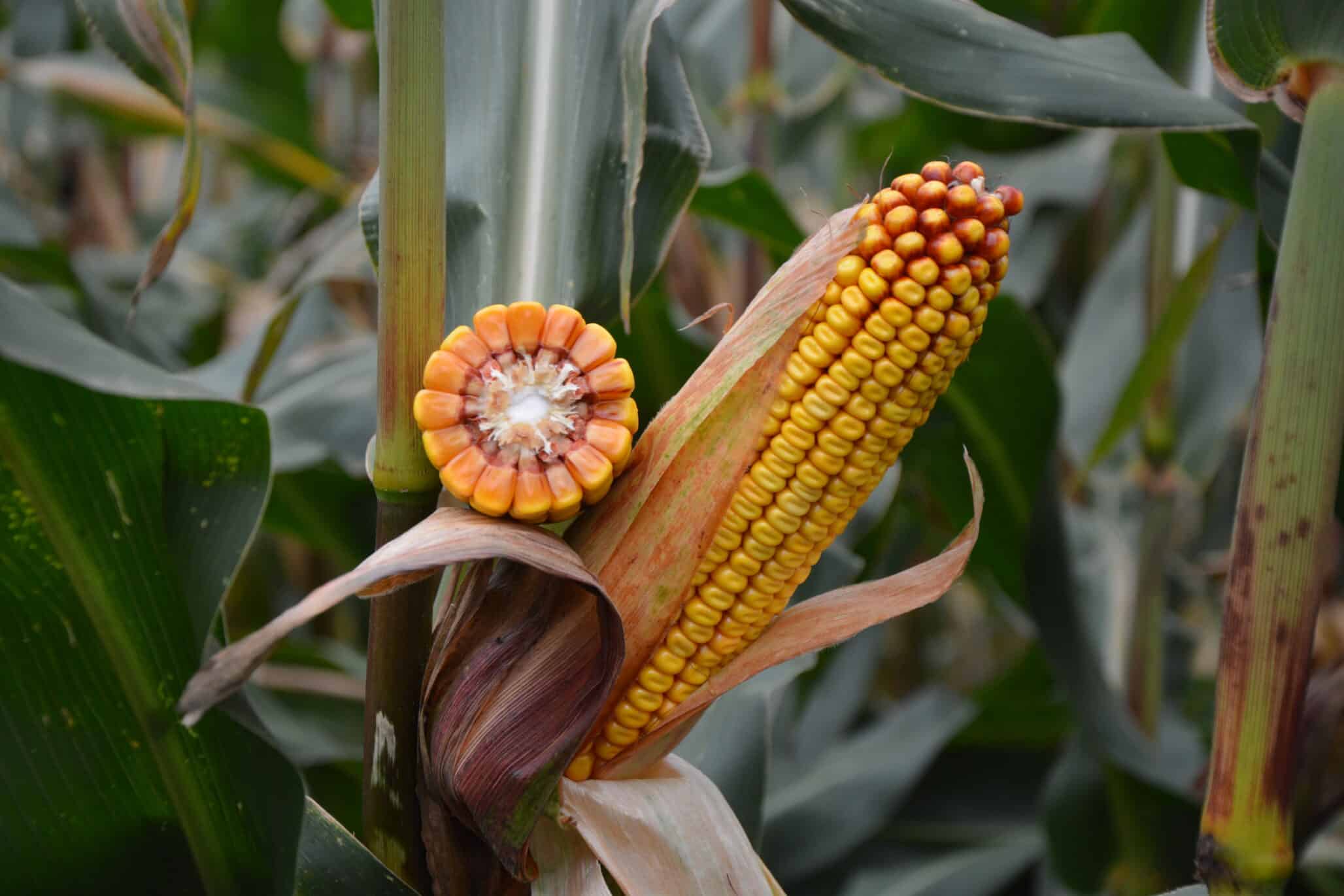Eurofins BioDiagnostics, Inc. (EBDI) announces the validation of BDI Prime Seq as a sequencing based method for testing of maize breeding populations from its River Falls, Wisconsin, location.
The new testing service uses an amplicon based DNA sequencing approach to screen through thousands of corn plants from breeding populations. This method is designed to address the needs of breeders that require rapid solutions to foster development of new maize varieties and accelerate their introduction into the market.
This advancement will be highlighted by EBDI Chief Science Officer Farhad Ghavami, PhD, at the upcoming American Seed Trade Association CSS Conference in Chicago, Illinois on December 8, 2021. With over 50 years of on-staff industry experience in both commercial plant breeding and seed production, EBDI stands apart by first seeking to understand breeder needs and then coupling those needs to leading technologies and Eurofins global testing infrastructure.
The new sequencing based method utilizes breakthroughs in multiplexed amplicon PCR coupled with Next Generation DNA Sequencing (NGS) to simultaneously monitor hundreds of genetic positions across the corn genome in large breeding and backcross populations. This tool is highly useful for tracking introgression of novel genetics into elite cultivars, assessing parental contribution in backcross populations and facilitating removal of off-target events from precision gene editing programs. The initial validation set is comprised of a panel of 250 single nucleotide polymorphisms (SNPs) distributed across the maize genome and previously used in microarray genotyping methods. The panel is designed specifically to facilitate marker assisted backcrossing projects and validation results demonstrate the versatility, speed and power of sequencing methods as a robust genotyping solution for molecular assisted applications.
EBDI’s River Falls laboratory is an ISO 17025 accredited laboratory and is strategically located near major corn production areas in the Midwest United States. The genomics lab specializes in high throughput DNA extraction and scaled genotyping of a variety of agriculturally important plant and animal species, including Maize, Soybean, Canola and Sorghum.











